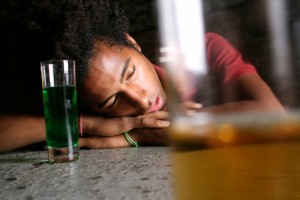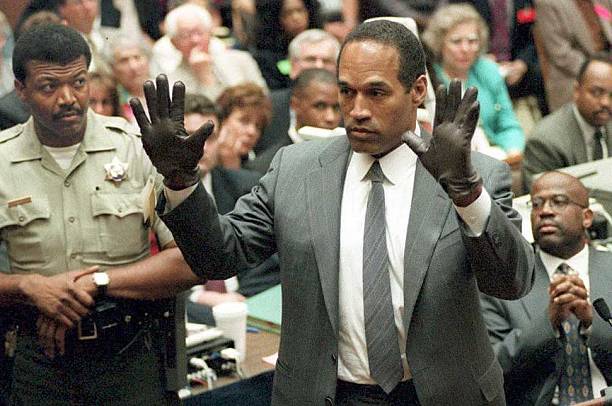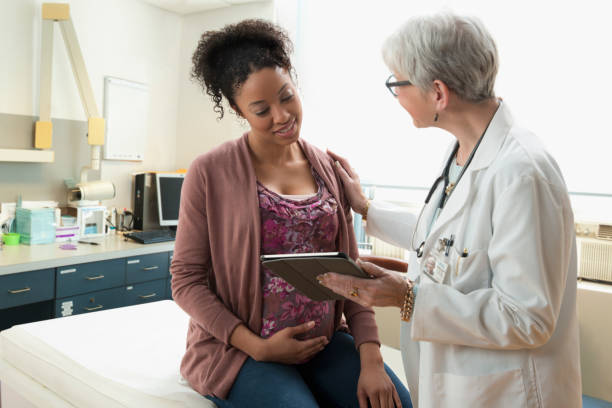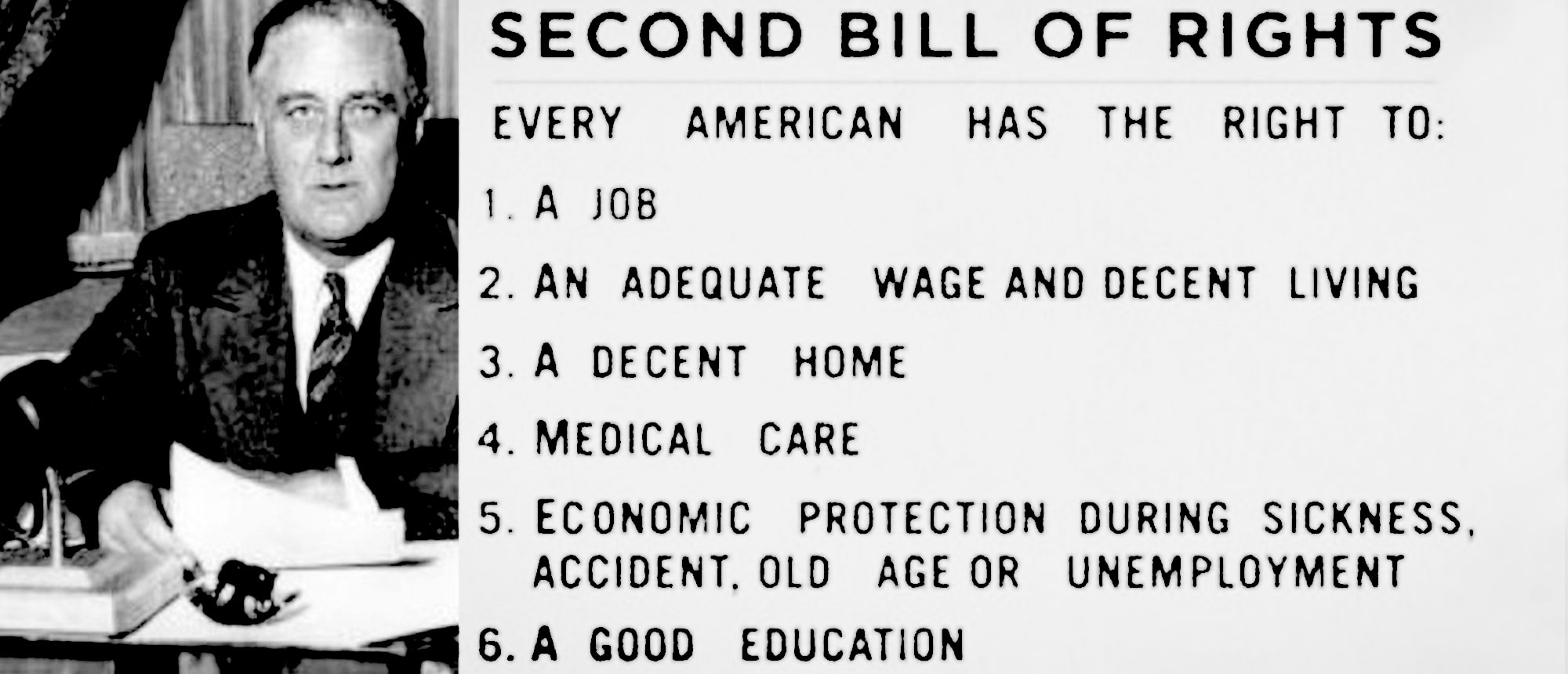(ThyBlackMan.com) The US is undergoing crucial demographic changes related to racial and ethnic populations. In fact, research shows that by the year 2050 minority would make up around one-third of the US population.
Eventually, the rise in racial and ethnic population would require substantial attention from national policy makers in order to address social and economic problems that handicapped the minority families for so long. One of the major problems that plagued the demographic group from decades is of substance abuse.
The World Health Organization (WHO) describes drug abuse as harmful use of harmful psychoactive substances such as illicit drugs and alcohol that can lead to dependence syndrome and eventually resulting in substance-related disorders. As per the National Survey on Drug Use and Health (NSDUH), there are close to 44.5 million African Americans, constituting up to 14.2% of the US population.
In a 2014 study conducted by NSDUH, the rate of substance abuse among African Americans of ages 12 and older is 12.4%, and under age, alcohol abuse is around 17.3%. The high rates of substance abuse among the population eventually resulted in substance-related disorders, which hovers around 3.8% of the total population, higher than the national average.
According to the American Association of Sociology, African Americans are more vulnerable and 20% more likely to report psychological distress, which could eventually result in suicides, where the rates were around 5.66 persons per 100K population in 2015. Drug addiction and depression go hand in hand, and substance abuse affects people from all walks of life. Discover more about the link between drug addiction and depression.
Initiatives by the US government
The US Department of Health and Human Services runs an agency called The Substance Abuse and Mental Health Services Administration (SAMHSA), which helps people with substance abuse through national level treatment programs, workshops, and advocacy, campaigns.
SAMHSA runs Historically Black Colleges and Universities (HBCU) Center for Excellence in Behavioral Health to help minority colleges with developing workforce, curriculum prevention and intervention strategies related to behavioral health. HBCU also promotes student behavioral health campaigns and facilitate best practices for behavioral health workforce development. SAMHSA also creates awareness campaigns among African American population on drug abuse, alcohol consumption, and HIV/AIDS.
Addiction recovery tips
The internet is full of successful addiction recovery tips for substance abuse, but one may consider these from my own personal recovery book. What from your book? No Kidding, but do you consider us as children or students to take notes from your recovery book? Well, that depends; you need to start somewhere right?
What is your priority right now? Make recovery from drug abuse your top most priority.
Take help of professionals while overcoming the problem of drug abuse. SAMHSA provides the list of state-funded rehab centers for those suffering from drug or alcohol addiction. These centers offers free rehab facilities and centers to low income populations and are located across different US states. The centers provide comprehensive detox programs for men and women, treatment services, and related support services.
Be Patience and take one small step at a time (eventually, it leads to a major leap for YOU)
Though your recovery from drug abuse is a long term journey, but it’s never your destination. You need to decide your own destination completing the fir st journey.
Change your environment
The best and only way to change your thoughts positively is changing your environment. Try spending one day touring a country side or watching birds flocking together at a park. There are lot of people who are happy and content just by staring at the sky lit by infinite starts and sharing their experiences with loved ones.
Join support groups
You are not alone in this world; there are people, a lot of people who lived out your problem successfully. Participate in support groups, help them and help yourselves.
Intervention from families and schools
Depression among adolescents and young adults is increasing at an alarming rate, which ultimately results in some kind of addictions among this particular group of population. Awareness campaigns from schools, rehabilitation workshops from non-profit organizations, and family care may help adolescents to recover from depression and lead a positive life without substance abuse.
Drug abuse and depression are not intelligent as human species, as they do not differentiate religions, gender, age, ethnicity, and demographics. They are selfless enemies. One can only fight them with patience and through support from loved ones.
Staff Writer; Jason Woods




















Leave a Reply